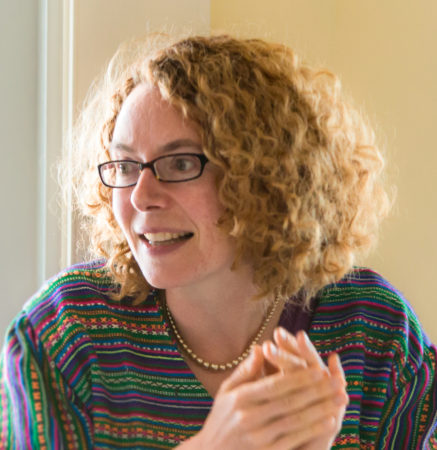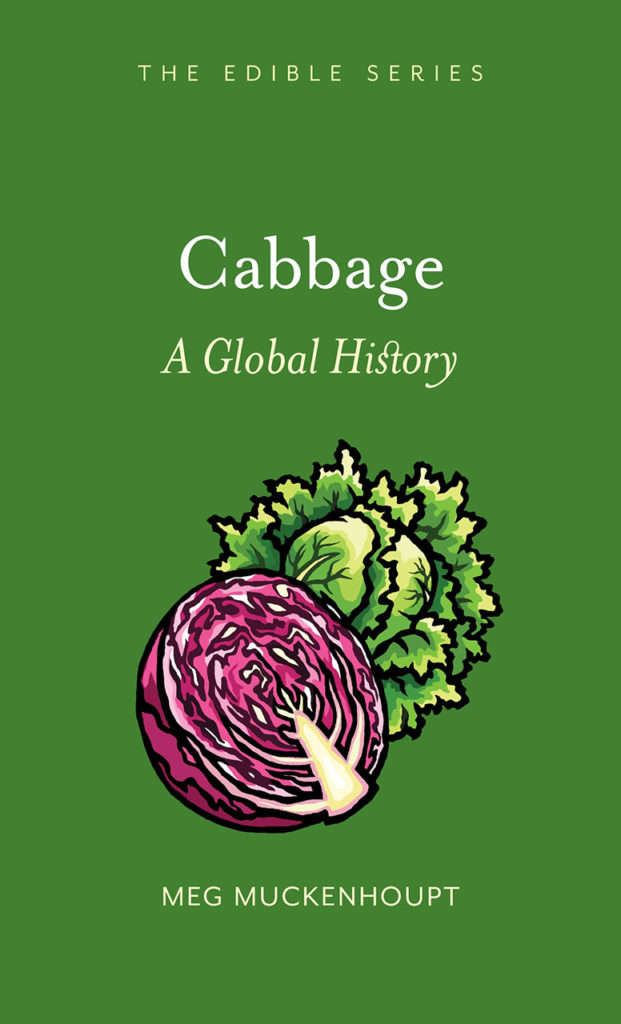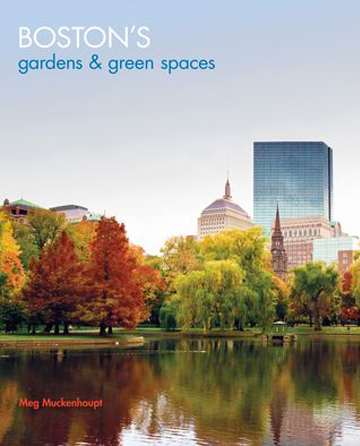Cabbage
A Global History
Meg Muckenhoupt
Cabbage has as many faces as it does leafy furbelows. How could a vegetable be so beloved, so universal, and at the same time so disdained? One of the oldest crops in the world, cabbage has for millennia provided European and Asian peoples with vitamins A and C . . . and babies—a belief lent credence by folktales about infants found “under a cabbage leaf” as well as contemporary Cabbage Patch Kids. Cabbage is both a badge of poverty and an emblem of national pride; a food derided as cheap, common, and crass, and an essential ingredient in iconic dishes from sauerkraut to kimchi. Cabbage is also easy to grow, because it contains sulfurous compounds that repel insect pests in the wild—and human diners who smell its distinctive aroma.
We can’t live without cabbage, but we don’t want to stand downwind of it, and in this lively book, Meg Muckenhoupt traces this culinary paradox. From senators’ speeches in ancient Rome to South Korean astronauts’ luggage, she explores the cultural and chemical basis for cabbage’s smelly reputation and enduring popularity. Filled with fascinating facts and recipes for everything from French cabbage soup to sauerkraut chocolate cake, Cabbage is essential reading for both food lovers and historians around the globe—and anyone craving their daily dose of leafy greens.
Meg Muckenhoupt writes about ecology, travel, history, and food. She has been featured on NPR’s “Radio Boston“ and WCVB’s “Chronicle,” as well as in an hourlong presentation on WGBH’s Forum Network. Her writing has appeared in the Boston Globe, the Boston Phoenix, Boston magazine, and the Time Out Boston guide. A talented public speaker, she gives frequent talks about Massachusetts landscape history and Boston’s greatest unknown parks to audiences around New England.
Her other books include Sigmund Freud: Explorer of the Unconscious (Oxford University Press, 1997), winner of the American Academy of Sciences 1998 Best science Books for Junior High and High school readers; Dorothea Dix: Advocate for Mental Health Care (Oxford University Press, 2004), and Boston’s Gardens and Green Spaces (Union Park Press, 2010). She is co-creator of the GREEN SPACES: Boston smartphone app.
Meg was awarded a certificate in Field Botany by the New England Wild Flower Society and earned degrees from Harvard and Brown University. She lives in Lexington, Massachusetts.




